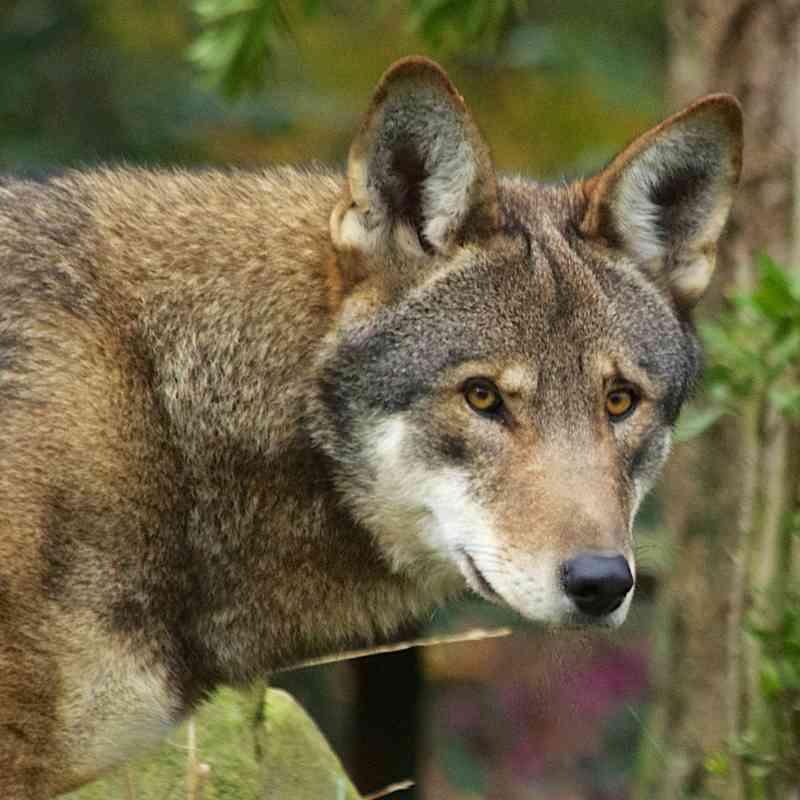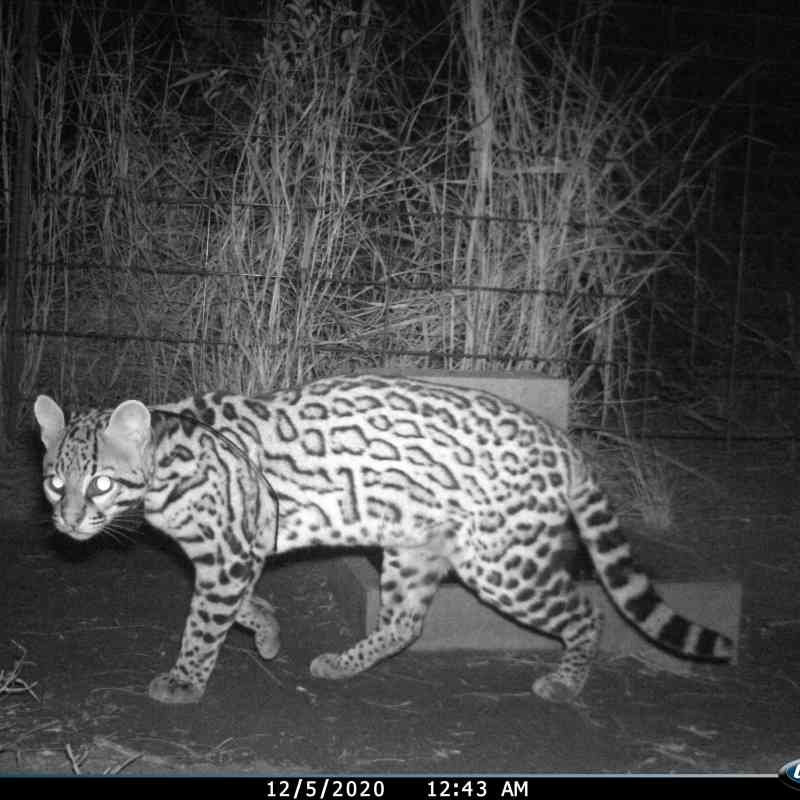Killing wolves would sacrifice long-term understanding and solutions for short-term gain
Summary:
- The Fish and Wildlife Service (FWS) has decided to take no action in response to the state’s proposal to kill wolves in on Unimak Island, a unit of the Alaska Maritime National Wildlife Refuge.
- Defenders of Wildlife supports this decision. Neither the science nor the FWS’s policies could justify enacting the state’s proposal to kill wolves. The FWS has opted instead to devote further study into understanding the underlying causes of the Unimak caribou decline.
- The FWS’s measured approach is far more likely to produce a healthy ecosystem balance on Unimak Island in the long term, thereby benefiting subsistence hunters and all others who expect healthy wildlife populations on the national wildlife refuge. Killing wolves without understanding the cause of caribou decline ignores one of the primary purposes of this national wildlife refuge: conserving wildlife and habitats and their natural diversity.
The following is a statement from Defenders of Wildlife Alaska Representative Theresa Fiorino in response to the Fish and Wildlife Service’s decision:
“This is a good decision for Alaska. When wildlife management is guided by sound science, everybody wins in the long term.
“By taking this measured, comprehensive view, we are far more likely to solve long-term conservation challenges. Scientists know that meddling in the complex balance between predators and prey can actually exacerbate problems where they do exist, especially on island ecosystems like Unimak.
“Each time wolves are killed prematurely, before scientists can determine whether a decline in moose or caribou is part of a natural cycle, we deny ourselves the ability to truly understand the heart of the problem. Not only does this do a disservice to wildlife, but also to the Alaskans who rely on some wildlife for subsistence. Thankfully, this way forward should provide answers and, crucially, avoid creating new problems.”
Background:Defenders of Wildlife provided extensive comments to the FWS on its Environmental Assessment, requesting more time for a full Environmental Impact Statement to be conducted. Copies are available on request.
Learn more about Defenders' work on national wildlife refuges.
Contact(s):
Theresa Fiorino, (907) 276-9410Jessica Brand, (202) 772-0239
Defenders of Wildlife is celebrating 75 years of protecting all native animals and plants in their natural communities. With a nationwide network of nearly 2.2 million members and activists, Defenders of Wildlife is a leading advocate for innovative solutions to safeguard our wildlife heritage for generations to come. For more information, visit defenders.org/newsroom and follow us on Twitter @Defenders.

